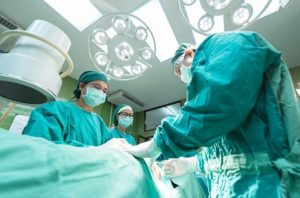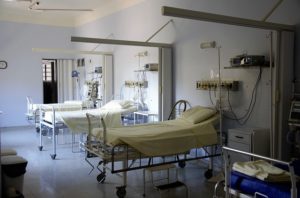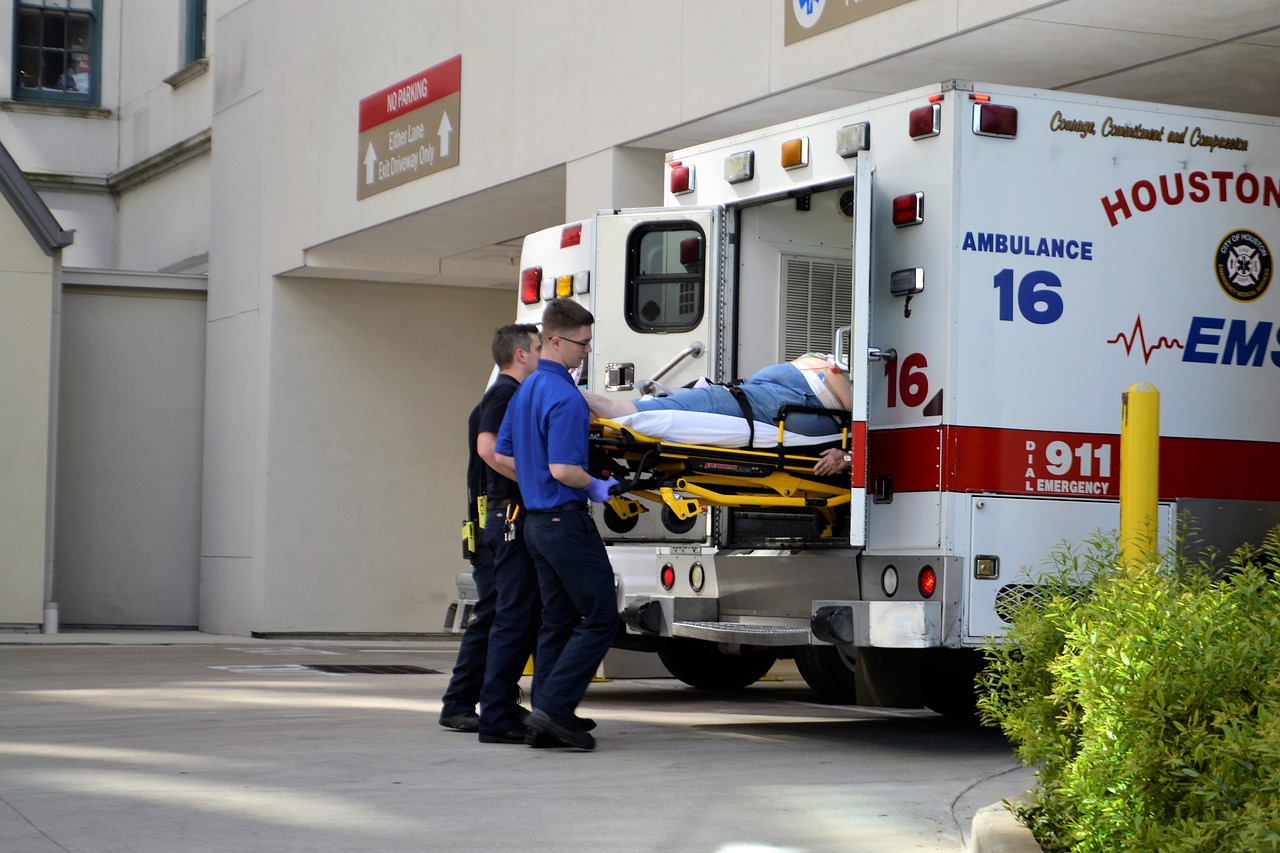
Medical Transport for Outpatient Surgery
There are a number of moderate health issues that can require surgery to resolve. In many cases, outpatient surgery is available. It is generally less invasive and less expensive than inpatient surgery. This is a win/win for the patient.
Nonetheless, it is still surgery. It will involve anesthesia during surgery and pain medication after surgery. Even in cases where you are given some time to recover at the hospital afterward, you will not be at your best following surgery.
This is not a good time to try to drive yourself home. The physical strain of driving can open stitches. The medication can make you more likely to have a car accident.  This is also not a good time to take public transportation. A crowded bus can lead to you being jostled in a way that can open stitches. The medication can leave your mind clouded and easily confused. You could wind up taking the wrong bus, end up far from home, unable to figure out how to get back to the right bus, and possibly stranded if the buses stop running because you got on the last bus of the day. This is a potential nightmare scenario.
This is also not a good time to take public transportation. A crowded bus can lead to you being jostled in a way that can open stitches. The medication can leave your mind clouded and easily confused. You could wind up taking the wrong bus, end up far from home, unable to figure out how to get back to the right bus, and possibly stranded if the buses stop running because you got on the last bus of the day. This is a potential nightmare scenario.
Instead, you can arrange private medical transportation. It is appropriately clean. It will take you exactly where you need to go. You will be attended by knowledgeable staff capable of giving minor medical care should any complications arise en route.
When having surgery, if you have a choice between outpatient surgery and inpatient surgery, it can make more financial success to arrange outpatient surgery with medical transportation. Inpatient care is the most expensive medical care available. If you are able to forego that and substitute medical transportation home, you can save money overall and also have a better quality experience.
Many people find it impossible to sleep in hospital rooms. The beds are not comfortable. The lights are never out. In most cases, you are sharing a room with another patient. The nurses check on you throughout the night, often waking you up to take your blood pressure or temperature.  If outpatient surgery is an option, your recovery time can be a more supportive, positive experience in the comfort of your own home. You can sleep in your own bed. You can turn the lights out completely. You can limit interruptions of your sleep.
If outpatient surgery is an option, your recovery time can be a more supportive, positive experience in the comfort of your own home. You can sleep in your own bed. You can turn the lights out completely. You can limit interruptions of your sleep.
A combination of outpatient surgery plus medical transportation can help you achieve an optimal recovery. Opting out of inpatient care can more than cover the cost of the transportation, leaving more money in your pocket for taking yourself via methods like ordering in food and hiring home health aides.
Recovery from surgery is mostly about taking good care of yourself in a non-medical sense. In other words, eating right, resting, and getting help with things you are not supposed to be doing yourself while you heal. In some cases, outpatient surgery plus medical transportation can help you arrange to do those things instead of lying in a hospital bed. This is an angle you should consider when contemplating how best to treat a moderate medical condition.
